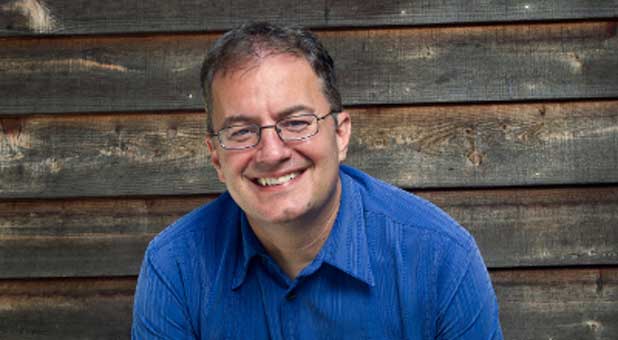This photo of Nigerian Christians on their faces in prayer should stir us to repent.
I love so many things about Nigeria. Their food is delicious (moin-moin and jollaf rice are my favorites), their hospitality is warm (my hosts gave me my own Yoruba name a few years ago) and their worship is the most energetic in the world. I am certain that attending a church service in Lagos is equivalent to a full hour of aerobic exercise!
Nigerians also have some of the most creative church names on the planet. During my visit to Lagos and Port Harcourt last week, a friend showed me a list of the most unusual ones. They included The Yoke Must Break Ministries, Guided Missiles Church, Satan in Trouble Ministries, Holy Ghost Earthquake Commotion Ministries International Inc., and (my personal favorite) Go and Tell Ahab That Elijah Is Here Ministries.
Nigerian churches of every variety continue to grow, especially in the southern region, in spite of poverty, overcrowded cities, daily power outages, a struggling educational system, entrenched corruption and growing Islamic terrorism. Every time I visit this unique country—the most populous in Africa—I fall in love again with the people and their lively passion for God.
Last week, during my ninth visit to Nigeria, I witnessed a special moment and captured it with my camera. I felt I should share the photo with you. If a picture is worth a thousand words, this image of Nigerian Christians lying prostrate on the floor of an auditorium in Port Harcourt could inspire a book. (Continue reading below).

This holy moment occurred on Jan. 10 during the Global PrayerQuake conference, an annual event led by my friends Mosy and Gloria Madugba. That morning, after a visiting British evangelist gave a sobering report on the current spiritual condition of England, Mosy reminded the 5,000 attendees in the auditorium that British missionaries had come to Africa on ships in the 1700s to bring the gospel.
Some of those selfless missionaries, Mosy said, brought their coffins with them because they knew they would never return. Mosy also reminded the audience that Americans had sent both missionaries and money to spread the gospel in Nigeria when it was known for its cannibals and witch doctors rather than its lively churches.
At that point the Holy Spirit took over. The Nigerians ran to the front of the building and got on their faces. Some of them were wailing. Nothing about this prayer meeting was dignified—it was noisy and raw and messy, as if several hundred women were giving birth at the same time.
The Nigerians were crying their guts out because they were so grateful for the mercy of God. They could not accept the fact that the two countries that invested so much to bring the salvation of Jesus to Africa are now turning away from the Christian faith. They were weeping over our worldliness, our rebellion and our flagrant rejection of the biblical values that were once our roots. They were mourning our backslidden condition.
The Nigerians stayed on their faces for at least half an hour, asking God to sweep England and the United States with a spiritual awakening. All I could do was lift my hands in gratitude that I could witness this moment.
I cannot quote any of the prayers that were prayed that day. Most of the guttural cries I heard were indecipherable. I only remember Mosy’s prayer from the pulpit, when He asked God to send Nigerians to take the gospel to the nations that had evangelized them. I also scribbled down the words of an old African chorus that everyone sang at the close of the service:
God is able / He’s able / I know He is able
I that that God is able to carry us through.
What does this photo of a Nigerian prayer meeting do for you? Many Americans today (and British people too) think they live in a progressive, intellectual, enlightened society—and that Christians in the developing world are the backward ones.
Is that true? I don’t think so. It appears that today we are the real mission field. I hope more of us on this side of the Atlantic will join our African friends—and get face-down on the floor.
J. Lee Grady is the former editor of Charisma and the director of The Mordecai Project (themordecaiproject.org). You can follow him on Twitter at leegrady.











































